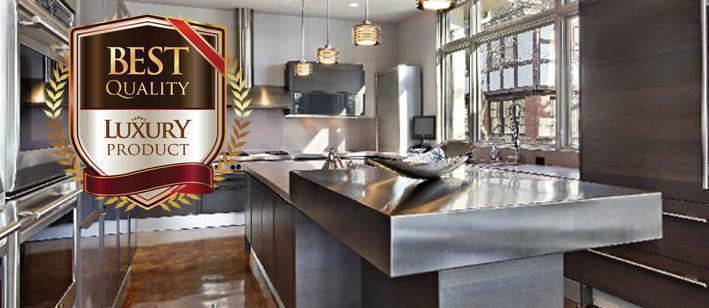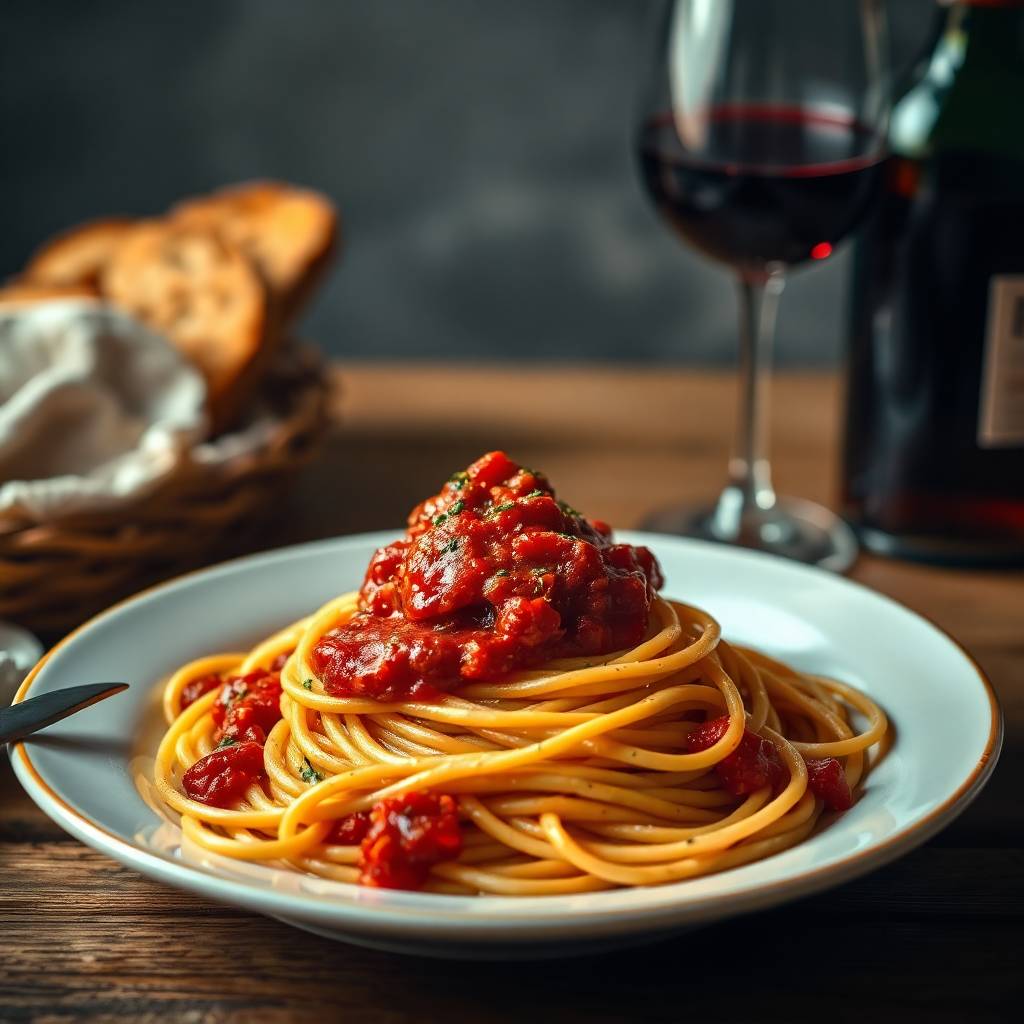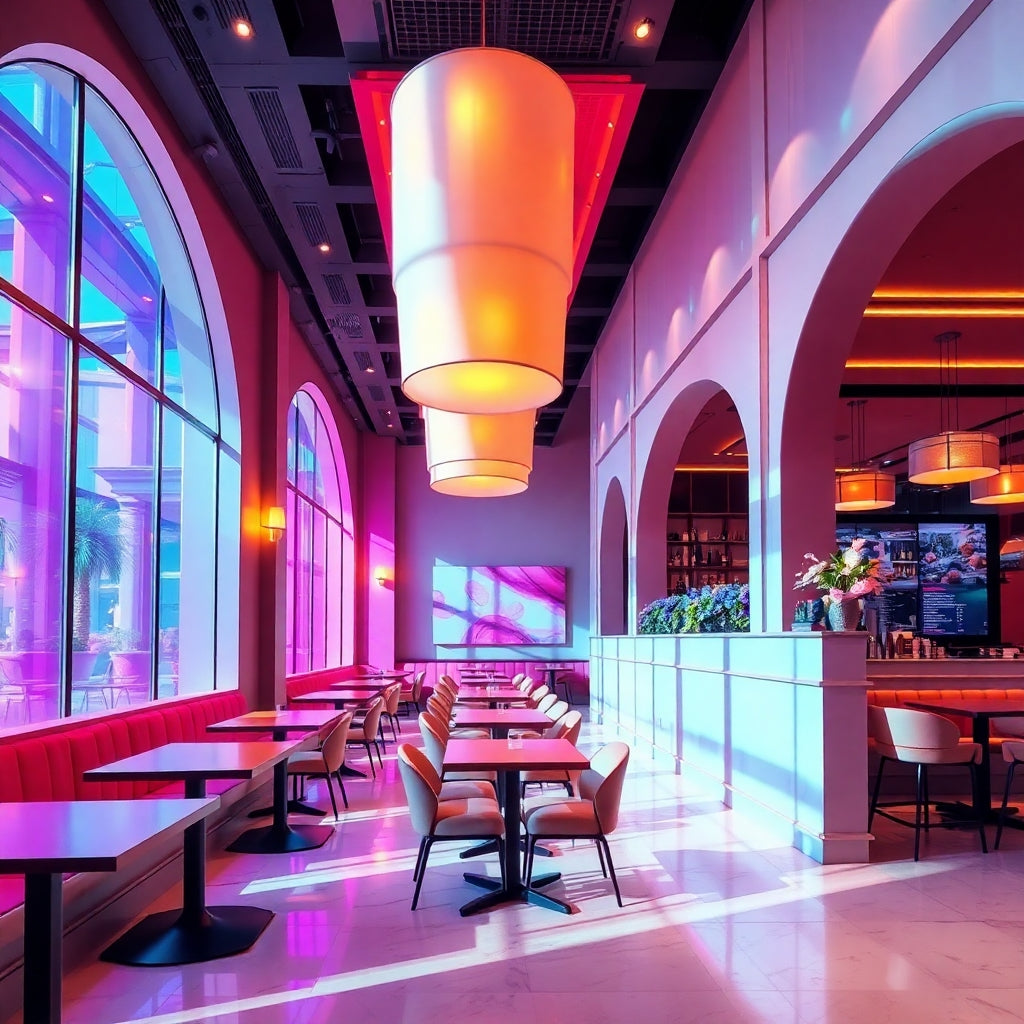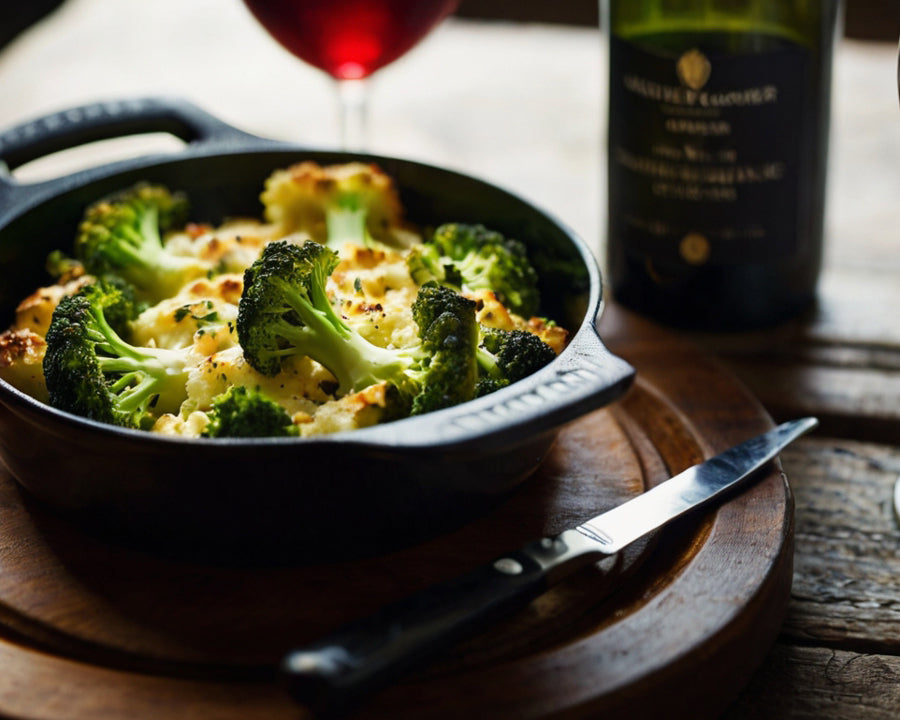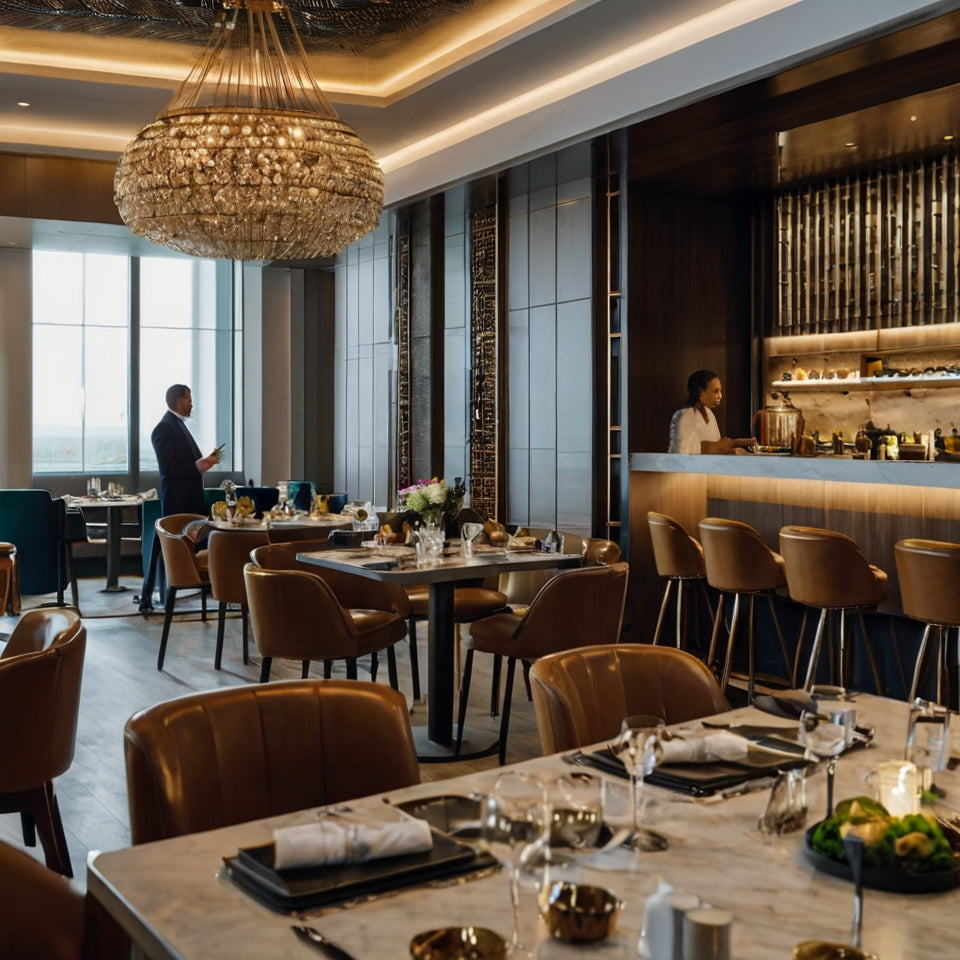Catering Supplies and Servicing for the Aged Care Industries
- Oct 24, 2018
- 0 Comments
When providing services in the aged care industry, one of the most important aspects is the daily catering services provided and servicing of equipment through a maintenance program. People of all ages and from all multiple cultures, are very food driven and especially the elderly. Oftentimes, depending on an individual’s health and mobility status, the capacity to still enjoy flavorful foods and the dining experience, itself are the highlight of the day.
Menu Planning
While taking this into account, having the proper planning and equipment in place is vital. Therefore, it is imperative that the kitchen design is carefully planned in order to maximize the food production, while also maintaining the food’s wholesomeness. In aged care facilities there are various aspects that go into menu planning. This not only involves palatable options for an array of preferences for the residents, but also the nutritional aspects, food safety and HACCP compliance; all of which are important.
Food Production
The food production and process of transforming the assorted food items into a meal can basically be separated into two primary systems, ‘cook chill’ and ‘cook fresh’. The elderly generations enjoy stews, roasts, custards and puddings, so being able to offer variations will provide excellent care and services.
The two main systems mentioned ‘cook fresh’ and ‘cook chill’ are described here:
Cook Fresh Method
The ‘cook fresh’ method is when aged care facilities have kitchens operating daily, seven days a week, in order to provide nutritional food choices to the residents. However, when used in conjunction with the ‘cook chill’ method, the shelf life is increased, making it both more economical and freeing up kitchen hours to focus on other aspects of marketing and growth potential.

Cook Chill Method
The ‘cook chill’ method allows for a high-volume production of freshly prepared food items to be put through a process of rapid chill, thereby increasing the shelf-life for a minimum of five days and to as much as 28 days, with no significant impact on the nutritional properties of the food.
By incorporating the two systems, the required operational time in the kitchen is reduced.
Food Delivery
While the aged care industry prefers to serve food in the dining area, some residents require the food be delivered to them. These demands would require the facilitation of tray meal and heated plate services. When tray meal services are the primary form of food delivery, then proper temperatures of the food must be maintained through the use of pre-plating and the transportation of meals via heated carts. This not only provides food safety compliance regulations but also allows for the aromas of freshly cooked foods to permeate the air. Why is this important? These aromas of the heated food actually stimulate the appetite on the way for delivery.
With the aromas of readily available food, it prepares the residents’ appetites of what is moments away, thereby reducing the resident’s ability to desire or request another food choice.
Frequently, residents of aged care facilities require assistance in feeding. The cart delivery method takes this level of care into account as well, in that it maintains the appropriate temperatures of the food until the arrival of feeding assistance is provided. In this scenario, along with the heated cart, the food must also be protected by a thermal dome or heated base with cover.

It is so important that our elderly are taken care of, especially in the realm of the aged care industries. With so many of life’s pleasures being more difficult for these individuals to obtain, by providing a variety of nutritious and delicious food options, while also maintaining the budgeting and compliance needs of the supplies and servicing industries’, the needs of both can easily be met with the right equipment and implementation of services.
Bulk & wholesale discounts apply to aged care, medical and hospitality groups.
Visit our showroom or call us on 02 4228 0100.




